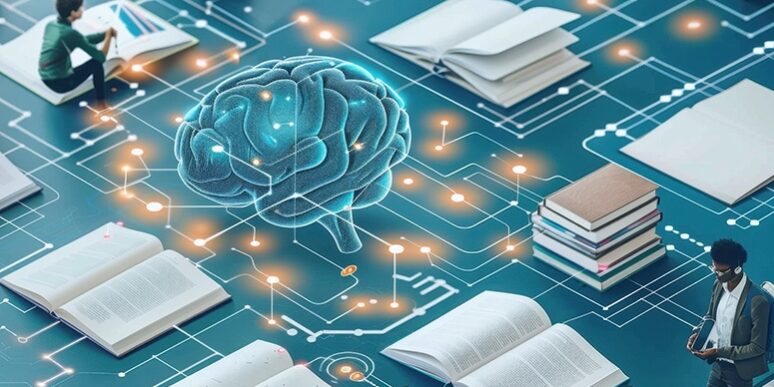As artificial intelligence (AI) becomes more advanced and accessible, its applications in human resources and hiring are expanding rapidly. AI tools can analyze resumes, conduct preliminary interviews, and predict candidate suitability with impressive efficiency, enabling businesses to streamline recruitment processes and reduce time-to-hire. However, using AI in employment decisions comes with ethical and practical considerations.
For example, an AI screening tool designed to rank candidates might inadvertently discriminate if it is trained on biased historical data, such as a workforce skewed by gender or ethnicity.
In 2023, an executive order was issued to guide responsible AI development and deployment, including protections against algorithmic bias, privacy considerations, and the right to human oversight. In response, the US Department of Labor published nonbinding guidance to inform employers’ safe and responsible use of AI.
The following is a breakdown of the DOL’s “Artificial Intelligence and Worker Well-Being: Principles and Best Practices for Developers and Employers.”
Artificial Intelligence and Worker Well-Being: Principles and Best Practices for Developers and Employers
Worker Input. Employers are encouraged to integrate employees’ input, especially those from underserved communities, when developing and deploying AI systems.
Ethical Standards. AI systems should be developed in a way that protects workers’ rights and safety.
Human Oversight. Employers should establish governance structures to oversee the implementation of AI systems and keep a human in the loop for any employment decisions. Employers should also conduct regular independent audits of AI systems.
Transparency. Employers should provide employees with notice and disclosure of AI use in the workplace.
Employment Rights. AI systems should not violate or undermine legally protected employment rights of workers and should comply with antidiscrimination laws.
Enable Workers. Employers should consider how any AI system will impact job duties and opportunities. When electronic monitoring is used, employers should use the least invasive means necessary.
Training. Employers should provide workers with appropriate training to learn how to use AI systems to complement their work.
Worker Privacy. AI systems should be built with safeguards to secure and protect employee data from internal and external threats.
